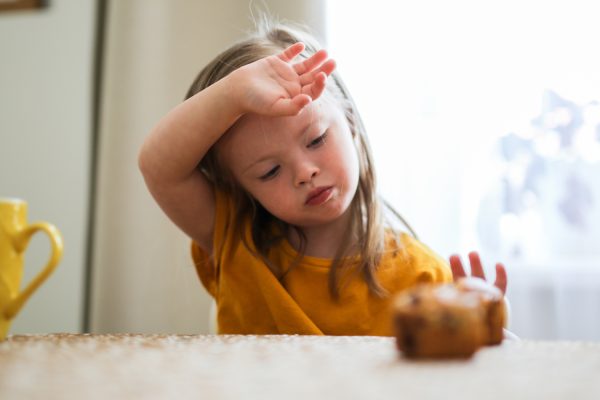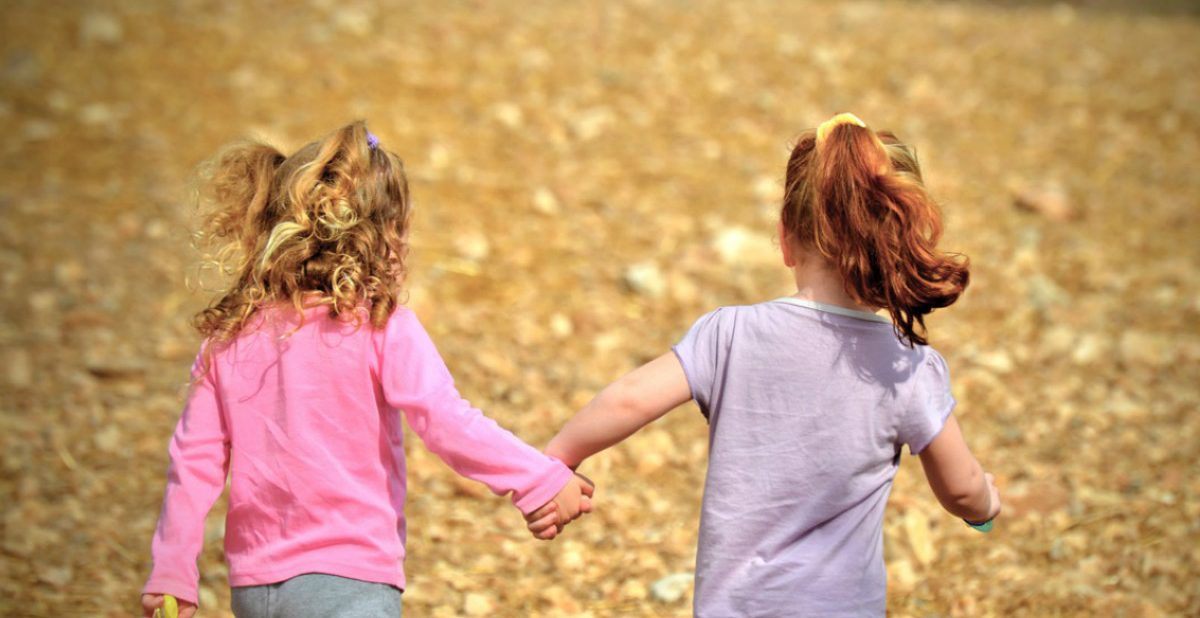
Supporting social skills in children and resources to help
By Hayley Hughes, OT, Tools 4 Life
We use our social skills everyday to communicate and interact in the world around us. Our social skills kick into action every time we are in a situation that requires us to interpret, and respond to the actions of other people. For children these situations may include asking a question in the classroom, playing handball during the lunch break, eating dinner at a restaurant, playing soccer, and attending a friend’s birthday party. Social skills enable us to adapt our behaviour to suit the social context. For example, the way a child greets their friend may vary greatly to the way they greet their Principal.The ability to adapt our behaviour to suit the social situation is essential for:
- Forming and maintaining relationships
- For accessing and participating in the community
- For learning and participating in the classroom
- For gaining and maintaining employment
How do social skills develop?
From the moment we are born we have an innate need to connect with the people around us. This instinctive need to connect makes sense from an evolutionary perspective. Babies are completely dependent on their caregivers for survival. Therefore, an infant using their social skills to connect with a caregiver is essential for ensuring their needs will be met. Infants will use eye contact and smiles to form these early social connections with their caregivers. As babies continue to develop they will imitate more complex actions and facial expressions. At the toddler stage of development, children begin to recognise emotions, and will express feelings of empathy for others. For example, a toddler who sees their sibling crying may give them a hug in an effort to make them feel better. At the age of 4, children begin to use strategies to negotiate in the play and to play cooperatively. For example, children may negotiate who plays what role in pretend play, or children may work together to build a city with blocks.
Does my child need help with their social skills?
Social skills are complicated! Our social skills continue to evolve and develop over time based on our learned experiences. Given that we must constantly adapt to suit the ever-changing social contexts, it is not surprising that everybody (even adults) can get it wrong socially. However, for some children trying to figure out social skills can be stressful and overwhelming.
Signs your child could benefit from support
- They have little or no interest in playing with other children
- Their play seems very different to other children who are the same age (e.g. Lining up trains or spinning the train wheels instead of pushing the trains along the track).
- They struggle to share or take turns in play.
- They display frequent tantrums or meltdowns during play.
- They struggle to initiate or join in with group games.
- They seem to talk at people, rather than have a conversation with people (e.g. A child who continues to state dinosaur facts rather than ask the person questions, or make connected comments based on what the other person is saying).
How can I help my child?
If you have concerns about your child’s social skills development it may be worth discussing these concerns with your Family Doctor. Your child’s teacher can also be a valuable source of information to gain further insight into how your child is interacting with their peers at school. Occupational Therapists, Speech and Language Pathologists and Psychologists are all professions that work with families and children to develop social skills.
Some great resources for social skills development
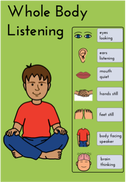
There are a bunch of brilliant resources designed to support the development of social skills in young children. In the list below I have narrowed it down to my top 10 resources that I use when working with children to support their social skills development.
1. We Thinkers Volume 1This resource is a great starting point for teaching children about social skills. The curriculum covers the concepts of: · Thoughts and feelings.· Following the group plan.· Thinking with your eyes.· Keeping your body in the group.· Whole body listening.
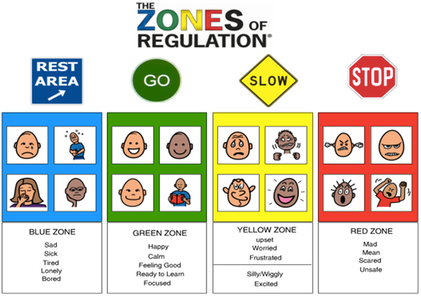
2. The Zones of Regulation Program
The Zones of Regulation Program supports children to learn skills for self-regulation and emotional control. The program, teaches children they can be in different zones (emotions) throughout the day, and that they can use strategies to change what zone they are in to suit the social context.
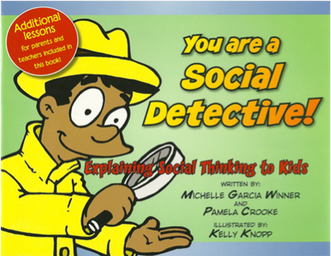
Being a social detective means you use your eyes, ears and brain to find the clues to make smart guesses about what other people are thinking and feeling.
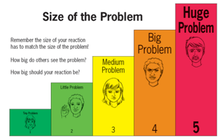
This program follows on from We Thinkers Volume 1, and looks at developing more complex social problem solving skills. The program covers the topics of:
- How to make smart guesses about what others are thinking and feeling.
- Identifying the size of your problem, and matching your reaction size to the problem size.
- Hidden social rules, and what the expected and unexpected behaviours are for different social contexts.
- Flexible and stuck thinking.
- Imagining what another person is thinking, feeling and/or pretending.
5. The Social Thinking Website
The team at Social Thinking created all four of the resources mentioned above, plus a lot more! Their website offers free webinars to teach people about social thinking, and offers advice for how to effectively use their resources to promote social skills development.


This picture book uses the metaphor of a train to teach children conversation skills. This visual approach supports children to learn about greetings, taking turns in the conversation and making connected comments.
The Pictello app is a fun, easy and fast way to make personalised social stories for children. You can use your own voice, add your own photos and even record videos to add to the social story
.8. Everyday Speech Social Skills Videos
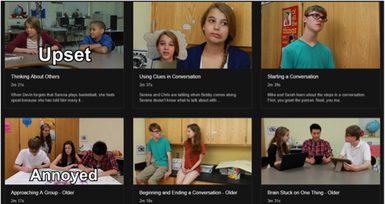

The Everyday Speech website has ready-made videos for a range of different social scenarios. Children act out the social scenario, the video is paused and thought bubbles are displayed to show what each person is thinking and feeling. The videos demonstrate how the main character’s actions influence the thoughts and feelings of other people in the video.
Research has shown video modelling is an effective strategy for teaching children a range of skills. This app makes it easy for your child to be the star in their own social skills video model.
10. You!
As a parent you are your child’s number one resource. You know your child best, and that knowledge is valuable! Initially, it may be helpful to practise the social skill one-on-one between you and your child. Once your child has had plenty of opportunities to practise and learn the skill, try introducing a friend into the play. Using common interests between your child and their friend is a great place to start when facilitating play.
At Tools 4 Life we support children with their social skills through one-on-one occupational therapy sessions, and through our small group programs. We collaborate with the family to set meaningful goals, and tailor an individualised therapy plan to suit their child’s goals.
Hayley Hughes is an Occupational Therapist at Tools 4 Life. Hayley is passionate about collaborating with families to support their child or teen to achieve their goals.
Visit www.tools4lifeot.com or www.facebook.com/tools4lifeot/ to learn more about how Tools 4 Life can support your child with their self care skills, social skills and emotional regulation.





